Israel’s tech ecosystem has long earned its reputation as a global powerhouse, delivering innovation across cybersecurity, AI, and beyond. But what makes this small country such a magnet for international corporations looking to innovate? In a recent IsraelTech interview with Yoel Israel, innovation expert Yaron Flint shared insights into the delicate process of bridging multinational corporations with Israel’s startup culture.
Finding the Intersection of Innovation and Business
When asked about his role, Yaron describes himself as the “middleman”, a champion for innovation within large organizations. Acting as a bridge between multinationals and Israel’s dynamic startups, he focuses on technology scouting that accelerates product roadmaps.
“The worst approach is to ask corporations, ‘What are you looking for?’” Yaron explains. “It’s like Henry Ford said: if he asked customers what they wanted, they’d say faster horses. Companies don’t always know what they need. My job is to identify challenges and introduce the right external solutions.”
This proactive mindset is critical. Startups often have the agility to tackle problems multinationals struggle to solve internally. Yet large organizations often resist partnering with startups, particularly if they’ve been “doing things their way” for decades.
Yaron’s approach involves breaking the innovation process into phases, addressing specific challenges, and ensuring startups can seamlessly integrate their solutions into existing operations. For organizations unfamiliar with collaborating externally, this “onboarding phase” is where he sees the most friction and the greatest potential for change.
Why Israel?
A critical question remains: Why do global corporations travel thousands of miles to engage with Israeli startups? For Yaron, the answer lies in a combination of cutting-edge technology and unmatched flexibility.
1. World-Class Technology:
The foundation of Israel’s tech ecosystem is its top-tier talent. Graduates from elite universities and veterans from Israel’s military technology units bring a level of expertise that stands out globally.
2. Agile Entrepreneurs:
“Israeli entrepreneurs are flexible and global-minded from day one,” Yaron emphasizes. “If you approach an American startup and say, ‘I’m from Europe,’ they’ll often decline, saying they’re focused on the U.S. market. Israeli startups, on the other hand, ask, ‘Where’s the value?’ They adjust quickly to new markets and opportunities.”
For multinationals, this combination of flexibility and technological maturity is irresistible. Israel’s startups are uniquely positioned to address complex problems, whether through AI, cybersecurity, or imaging technologies.
Yaron cites Continental, the global automotive supplier, as a prime example. When they expanded beyond their home base in Germany and the U.S., Israel became a natural choice for their startup program. Despite Israel’s lack of automotive manufacturing, its software capabilities and advanced technology sectors made it a top destination.
Israel’s Role in the Automotive Industry
Yaron points out that while Israel doesn’t manufacture cars, its tech contributions to automotive software are unmatched. The shift toward software-driven vehicles with innovations like: radar, AI-based vision systems, and cybersecurity, opened the doors for Israel to play a critical role.
“We’re at a turning point,” he says. “The future of automotive in Israel hinges on building centers of excellence, R&D hubs, and innovation labs. It’s not about manufacturing; it’s about expertise and integration.”
Israel’s small size and geographic isolation, often perceived as a weakness, become strengths when testing technologies like autonomous driving. “We’re the perfect beta site,” Yaron explains. “Small population, small geography, and no cross-border traffic make Israel ideal for piloting full self-driving technologies.”
Overcoming Barriers to Innovation
Yaron acknowledges that innovation often meets resistance, particularly in large organizations. Executives can be skeptical, reluctant to take risks, or unsure of how external collaborations align with their goals.
“It’s not always a negative resistance,” Yaron says. “Many executives genuinely want to innovate but don’t know how. They need guidance to understand the value of startups and external technologies.”
His solution? Education and strategy. Yaron works with internal teams to guide them through the process step by step. He also champions a shift in mindset. “Executives often demand an immediate ROI from innovation, but innovation requires a leap of faith. The market is evolving. If you don’t innovate, you risk being left behind.”
Yaron stresses the importance of structured innovation programs, internal education, and long-term collaboration. His recent book, Innovative Business Development: Implementing Transformation from Within, serves as a practical guide for companies looking to integrate innovation seamlessly into their operations.
“I wrote this book because I realized large corporations lacked a clear guide to innovation,” Yaron explains. “There are plenty of books about high-level innovation, but few provide actionable steps. My goal was to create a roadmap – a book that helps organizations avoid pitfalls, move faster, and ultimately make innovation work.”
The book highlights real-world examples, offers strategies for overcoming barriers, and provides a blueprint for aligning innovation with business goals. It’s essential reading for leaders ready to embrace change and drive their organizations forward.
The Future: From Construction Tech to AgriTech
Looking ahead, Yaron identifies several industries where Israel is poised to make a significant impact. Beyond cybersecurity and AI, he highlights construction tech and AgriTech as emerging verticals.
“Construction tech is exciting because the industry is ripe for transformation,” he says. “Buildings are aging, cities are expanding, and the demand for efficiency is higher than ever. Israeli technology – much of it originating from military and homeland security applications – is already being adapted for infrastructure projects.”
In AgriTech, Israel’s agricultural roots provide a strong foundation for innovation. Yaron is optimistic that the next generation of farmers will embrace technology to revolutionize efficiency, sustainability, and production.
Driving Change Through Collaboration
Yaron Flint’s experience underscores a powerful truth: innovation doesn’t happen in isolation. It requires collaboration, strategy, and a willingness to take risks. For multinationals, Israel offers the perfect partner – a tech-savvy, agile ecosystem ready to tackle complex challenges.
As Israel’s tech sector continues to lead in cybersecurity, AI, and emerging industries, it’s clear that this small but mighty country will remain a top destination for global corporations seeking innovation.
**To learn more about Yaron Flint’s actionable approach to innovation, check out his book, Innovative Business Development: Implementing Transformation from Within.
Special thanks to Startup Nation Central for hosting IsraelTech in their studio.
Discover more with IsraelTech! For additional exclusive interviews, explore our IsraelTech blog. If you’re looking to elevate your next event with unique coverage and engagement, check out IsraelTech Events. Or, experience Israel’s tech scene firsthand with our IsraelTech Tours. Click through to learn more!




